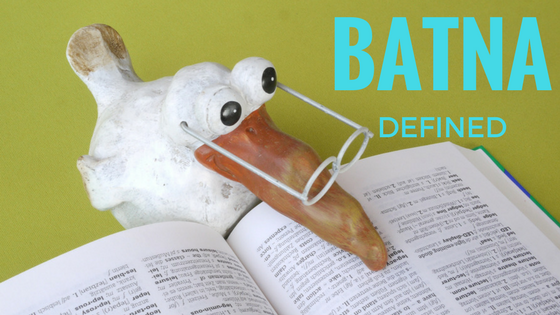If you’re like me you may be uncomfortable negotiating for something that you don’t know much about. I run into this discomfort every time something goes wrong with my car. I am decidedly not a car guy. I don’t know the difference between a crankshaft and a camshaft, so I am understandably concerned when I need to get my car fixed. But even for a car idiot like myself by asking myself how is my BATNA defined and strengthening my BATNA, my ignorance of cars doesn’t impact my ability o get a deal I am happy with.
Why Negotiating Unknowns is Scary
My concern is borne out of my ignorance of what is wrong with my car and how much it should cost to fix. The two questions I ask myself whenever I go to the shop are 1)Is this really what is wrong with it? 2) Is that really how much it should cost? The most obvious solution to this ignorance is to learn how to fix cars and how much it should cost. However there are limits on that strategy; cars, houses, appliances the list of things we would need to know about would expand to the point of crushing us. If we invest time in learning about negotiations and how to strengthen our position we can forego an attempt to become an expert in all things.
BATNA defined – Best Alternative to a Negotiated Agreement
The most powerful concept in negotiations is the best alternative to a negotiated agreement (BATNA). This is what happens when one party in a negotiation withdraws from the negotiation and proceeds without agreement. Surely there are a range of options for most situations, but what negotiators need to focus on is their best alternative (and that of the other party). When I go to get my car fixed what are my options? How do I cultivate the best option to strengthen my case?
Steps to maximize BATNA
Rather than just accepting your options and picking the best one, attempts should be made to expand your unilateral options.
- Know your alternatives
- Take steps to expand the possible options
- Figure out what option is best for you
- Attempt to better your best option
Know Your Alternatives
With a car repair you have a number of options which all take different amounts of time and money and provide different results. A brief list of options may be:
Leave the car and drive it until it stops working
Get the car fixed at a shop close to home
Take the car to the dealership
Buy a new car
Expand Your Options
In our car example this step includes things like calling that friend of a friend who is a mechanic to get help or do the research and follow up necessary to find out about donating the car.
In a labour relations context it may include an agreement to refer outstanding issues to an arbitrator; although the agreement needs to be bilateral, once it is agreed either party could unilaterally trigger the arbitration clause.
Evaluate Your Options
Once you have your options and the factors that you are evaluating, you can see your BATNA defined.
Improve Your Best Alternative
Whichever your best option is, is there a way to improve it? If you decide that if the repair cost is over 500 buck then you are going to donate the car and get a tax receipt for 200 dollars, then is there a way to increase the value of the tax receipt to you to make your situation better even if an agreement can’t be reached bilaterally.
How Having a BATNA defined Changes Your Approach
In future posts I will talk about the value of objective standards in negotiating, but here you can see without any subject matter knowledge you can devise a strategy to secure and strengthen your bottom line by using BATNA. Knowing your alternatives and knowing and improving your best alternative the a negotiated agreement you safeguard yourself during a negotiation. With your position safeguarded you can safely negotiate using other strategies in this blog.

Pingback: How to Say Yes in a Negotiation • Wakely Mediation
Pingback: Define ZOPA: Zone of Potential Agreement • Find Your Deal
Pingback: 11 Essential Steps to Prepare for Your Next Negotiation
Pingback: Bottom Lines Are Futile. Assimilate the Resistance Point
Pingback: Define ZOPA: Zone of Potential Agreement • Find Your Deal